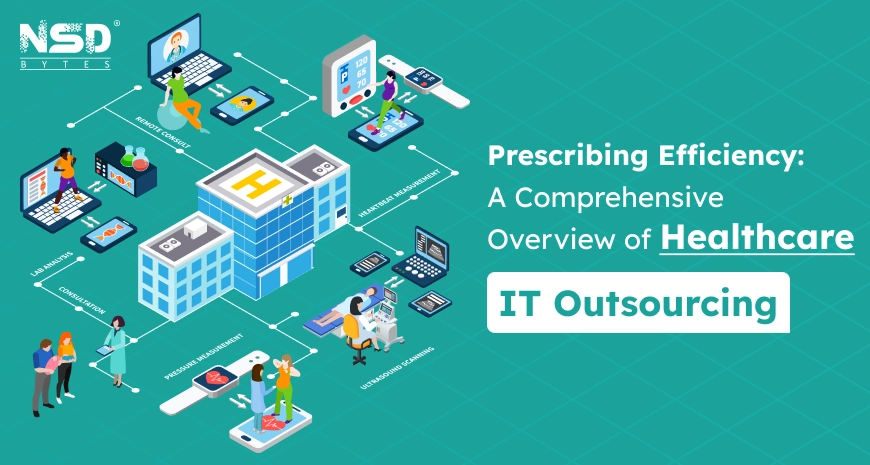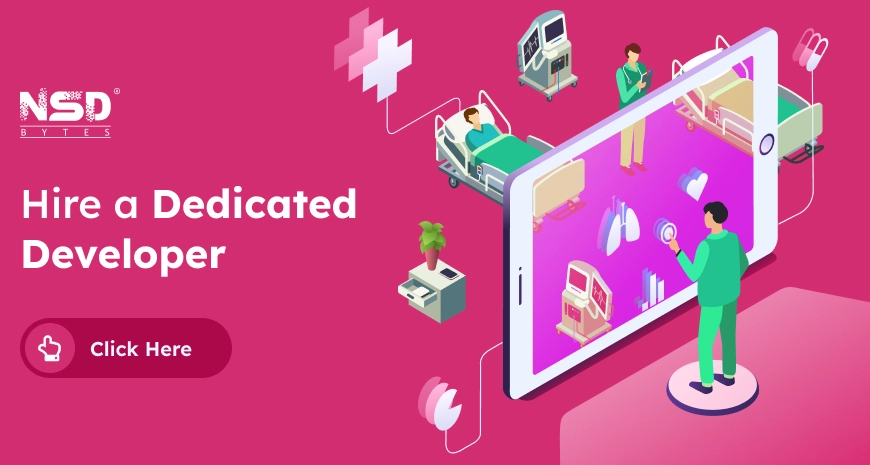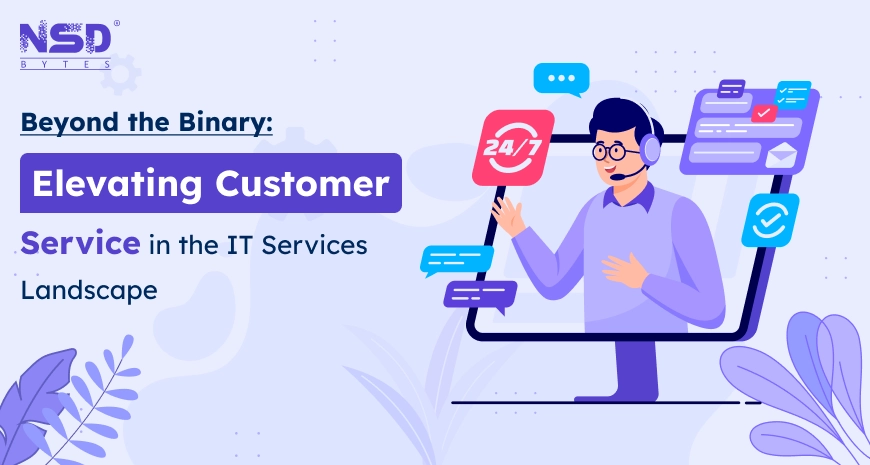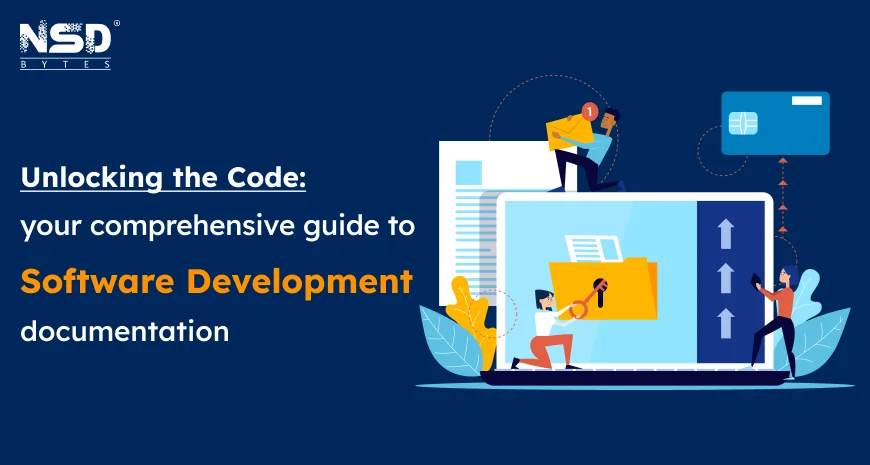
Introduction:
In the fast-paced world of healthcare, efficiency and accuracy are paramount. Healthcare IT outsourcing has emerged as a strategic solution to streamline operations, enhance patient care, and drive cost savings. In this comprehensive guide, we delve into the intricacies of healthcare IT outsourcing, exploring its benefits, challenges, best practices, and key considerations.
Benefits of Healthcare IT Outsourcing:
1. Cost Efficiency:
Healthcare IT outsourcing can significantly reduce operational costs for healthcare organizations. By outsourcing IT functions such as infrastructure management, software development, and support services, healthcare providers can avoid the expenses associated with maintaining an in-house IT team and infrastructure. Outsourcing allows organizations to leverage economies of scale and access cost-effective solutions provided by specialized vendors.
2. Access to Specialized Expertise:
Partnering with experienced IT vendors gives healthcare organizations access to specialized skills and knowledge that may not be available in-house. Healthcare IT outsourcing firms often have extensive experience in developing and implementing technology solutions tailored to the unique needs of the healthcare industry. This expertise can lead to more innovative solutions, improved system performance, and enhanced patient care.
3. Enhanced Focus on Core Competencies:
Outsourcing non-core IT functions allows healthcare organizations to focus their resources and attention on delivering high-quality patient care. By offloading routine IT tasks to external vendors, healthcare providers can allocate more time and resources to clinical activities, research, and other core competencies. This enhanced focus can lead to improved patient outcomes and overall organizational efficiency.
4. Scalability and Flexibility:
Healthcare IT outsourcing provides organizations with the flexibility to scale their IT infrastructure and services according to changing demands and technological advancements. Outsourcing partners can quickly adapt to fluctuations in workload, rapidly deploy new technologies, and provide scalable solutions that align with the evolving needs of the healthcare industry. This scalability ensures that healthcare organizations can maintain operational efficiency and competitiveness in a dynamic healthcare landscape.
Challenges of Healthcare IT Outsourcing:
1. Data Security Concerns:
Protecting sensitive patient data is a critical concern for healthcare organizations, particularly when outsourcing IT services. Healthcare IT outsourcing introduces security risks related to data privacy, confidentiality, and compliance with regulations such as the Health Insurance Portability and Accountability Act (HIPAA). Ensuring the security of patient information requires robust cybersecurity measures, strict access controls, encryption protocols, and regular audits of outsourcing partners' security practices.
2. Regulatory Compliance:
Healthcare IT outsourcing must adhere to stringent regulatory requirements governing the handling, storage, and transmission of healthcare data. Compliance with regulations such as HIPAA, the Health Information Technology for Economic and Clinical Health (HITECH) Act, and the General Data Protection Regulation (GDPR) requires thorough due diligence, contractual agreements, and ongoing monitoring of outsourcing partners' compliance practices. Failure to comply with regulatory requirements can result in severe penalties, legal liabilities, and damage to the organization's reputation.
3. Dependency on Third-Party Providers:
Outsourcing critical IT functions to third-party vendors can create dependencies and vulnerabilities that may impact the organization's operations and continuity of care. Healthcare organizations must carefully assess the reliability, stability, and reputation of outsourcing partners to mitigate the risks of service disruptions, data breaches, and contractual disputes. Establishing clear communication channels, service level agreements (SLAs), and contingency plans is essential for managing dependencies and ensuring seamless collaboration with outsourcing partners.
4. Cultural Fit and Communication:
Effective communication and cultural alignment are essential for successful healthcare IT outsourcing partnerships. Differences in organizational culture, communication styles, and business practices between healthcare organizations and outsourcing vendors can lead to misunderstandings, delays, and conflicts. Building strong relationships, fostering open communication, and promoting cultural sensitivity are crucial for overcoming cultural barriers and ensuring productive collaboration between all stakeholders involved in healthcare IT outsourcing initiatives.

Best Practices for Healthcare IT Outsourcing:
1. Thorough Vendor Evaluation:
Conducting a comprehensive evaluation of potential outsourcing vendors is essential for selecting the right partner. Healthcare organizations should assess vendors based on criteria such as industry experience, technical expertise, track record, financial stability, and reputation. Requesting references, conducting site visits, and performing due diligence on vendors' security practices and compliance with regulatory requirements can help healthcare organizations make informed decisions when choosing outsourcing partners.
2. Clear Communication:
Establishing clear and open communication channels is crucial for fostering a collaborative and productive relationship between healthcare organizations and outsourcing vendors. Clearly defining roles, responsibilities, expectations, and project timelines from the outset helps prevent misunderstandings and ensures alignment between all parties involved. Regular communication through meetings, progress reports, and feedback sessions enables healthcare organizations to stay informed about the status of outsourced projects and address any issues or concerns promptly.
3. Robust Data Security Measures:
Protecting patient data from unauthorized access, breaches, and cyber threats is a top priority for healthcare organizations outsourcing IT services. Implementing robust data security measures, such as encryption, access controls, intrusion detection systems, and regular security audits, helps mitigate the risks associated with outsourcing. Healthcare organizations should also ensure that outsourcing vendors comply with industry standards and regulations governing data privacy and security, such as HIPAA, GDPR, and HITECH.
4. Continuous Monitoring and Evaluation:
Continuous monitoring and evaluation of outsourced IT services are essential for ensuring quality, performance, and compliance with contractual agreements. Healthcare organizations should establish key performance indicators (KPIs) and service level agreements (SLAs) to measure the effectiveness of outsourcing arrangements and track vendors' performance against predefined benchmarks. Regular performance reviews, service audits, and feedback mechanisms enable healthcare organizations to identify areas for improvement, address issues proactively, and maintain high standards of service delivery.
5. Flexibility and Adaptability:
The healthcare landscape is constantly evolving, with new technologies, regulations, and patient care models emerging regularly. Healthcare organizations must choose outsourcing partners that can adapt to these changes and provide flexible solutions that align with their evolving needs and priorities. Outsourcing vendors should demonstrate agility, innovation, and a willingness to collaborate closely with healthcare organizations to address challenges, seize opportunities, and drive continuous improvement in IT services delivery.
Key Considerations for Healthcare IT Outsourcing:
1. Data Privacy and Security:
Protecting patient data is paramount in healthcare IT outsourcing. Healthcare organizations must ensure that outsourcing vendors adhere to strict data privacy and security standards, including encryption, access controls, and compliance with regulations such as HIPAA and GDPR.
2. Vendor Selection:
Choosing the right outsourcing partner is critical for the success of healthcare IT outsourcing initiatives. Healthcare organizations should evaluate potential vendors based on factors such as experience, expertise, reputation, and cultural fit. Requesting proposals, conducting interviews, and performing reference checks can help healthcare organizations assess vendors' capabilities and suitability for the project.
3. Service Level Agreements (SLAs):
Defining clear SLAs is essential for establishing expectations and accountability in healthcare IT outsourcing relationships. SLAs should outline the scope of services, performance metrics, response times, and escalation procedures to ensure that both parties understand their respective roles and responsibilities.
4. Risk Management:
Healthcare organizations must identify, assess, and mitigate risks associated with outsourcing IT services. Developing a comprehensive risk management strategy involves identifying potential risks, implementing risk mitigation measures, and establishing contingency plans to minimize the impact of unforeseen events or disruptions.
5. Cultural Fit:
Cultural compatibility and alignment of values play a crucial role in healthcare IT outsourcing partnerships. Healthcare organizations should seek vendors that share their organizational culture, values, and commitment to quality, integrity, and patient care. Building strong relationships based on trust, respect, and effective communication fosters collaboration and ensures the success of outsourcing initiatives.
Conclusion:
Healthcare IT outsourcing offers numerous benefits for healthcare organizations seeking to optimize their operations and enhance patient care. By understanding the challenges, best practices, and key considerations involved, healthcare providers can navigate the outsourcing process effectively and achieve sustainable success in an increasingly digital healthcare landscape.
Our Services
- UI/UX Designing
- Software Quality Assurance
- Application Support & Maintenance
- App Modernization
- Software Development
- Web Development
- Mobile Application
- Game Development
- AR/VR Development
- User Experience Management
- Analytics Consultancy
- Data Visualization and Analysis
- White Label Solution
- Hire a Professional
























